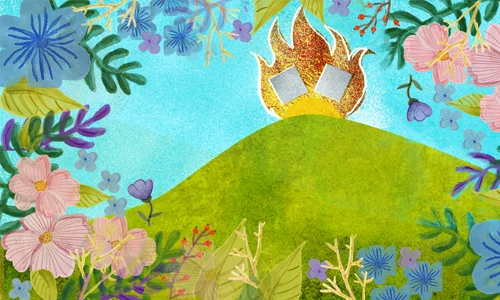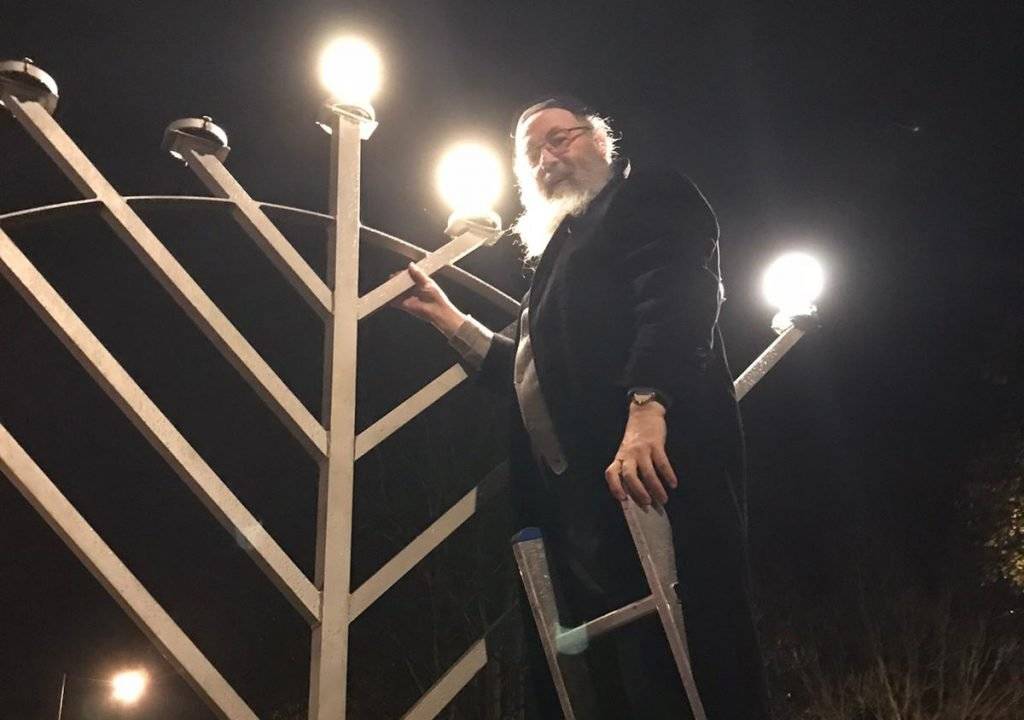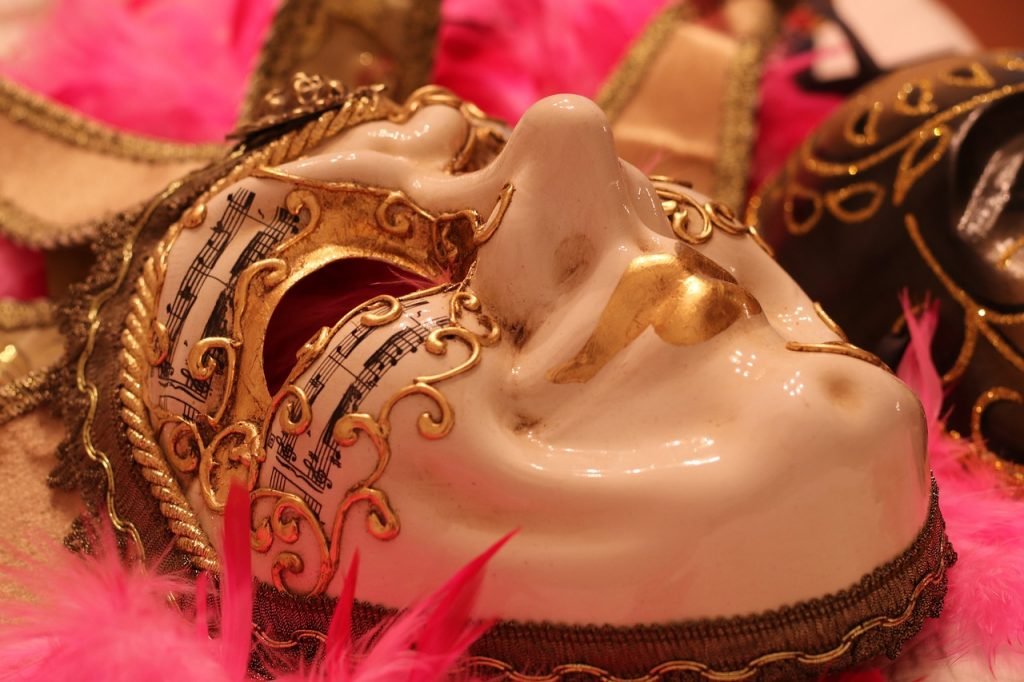Chabad Brighton is delighted to welcome Shavuot, a joyous two-day festival commemorating the giving of the Torah on Mount Sinai over 3,300 years ago.
What is Shavuot?
Shavuot, also known as the Festival of Weeks, falls on the sixth and seventh days of the Hebrew month of Sivan, which usually coincides with late May or early June in the Gregorian calendar. It marks the culmination of the seven-week counting period known as the Omer.
How We Celebrate
- Candle Lighting: Women and girls usher in the holiday by lighting candles on both evenings.
- Tikun Leil Shavuot: It is customary to stay up all night learning Torah on the first night of Shavuot.
- Ten Commandments: All attend synagogue services to hear the reading of the Ten Commandments on the first day.
- Festive Meals: As with other holidays, special meals are enjoyed, with no work permitted. Dairy foods like cheese blintzes and quiches are popular on Shavuot.
- Yizkor: The Yizkor memorial service is recited on the second day.
- Book of Ruth: The Book of Ruth is traditionally read during morning services, commemorating King David’s passing, which occurred on this day.
- Decorations: Homes and synagogues are often adorned with flowers and greenery.
Shavuot FAQs
- What does Shavuot mean? Shavuot means “weeks,” signifying the seven weeks counted from Passover.
- When is Shavuot celebrated? Shavuot is a two-day holiday typically falling in late May or early June.
- Why do we eat dairy on Shavuot? Dairy foods symbolize the sweetness and richness of the Torah.
- Why stay up all night learning Torah? There are explanations related to the Israelites’ readiness to receive the Torah.
Join Us for Shavuot
Chabad Brighton will be hosting a variety of events and services to celebrate Shavuot.
We hope this blog post helps you learn more about Shavuot. Chag Sameach!



